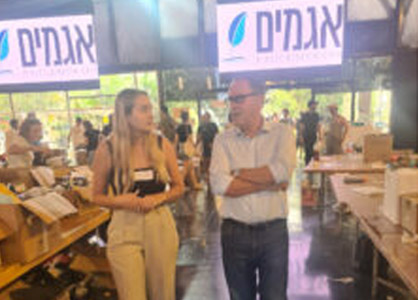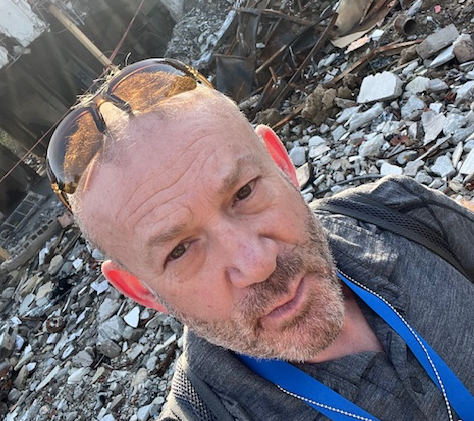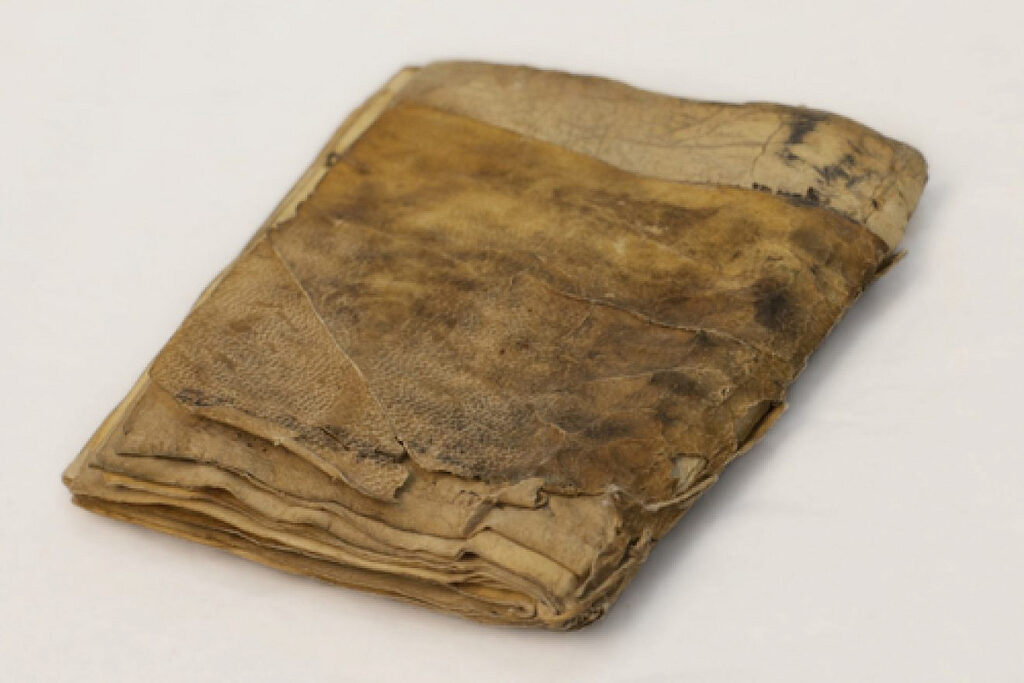
Artificial Reef Placed In the Red Sea
March 16, 2011
A Cooperative Project between Israelis and Jordanians
One of the projects initiated by Dr. Nadav Shashar, the marine biology lecturer who is in charge of students’ marine projects at BGU’s Eilat campus, is the development and placement of artificial reefs to reduce environment Researchal pressure on the region’s natural reef. Back in April 2007, students and faculty installed the first new artificial reef, called the Tamar Reef, in the northern end of the Gulf of Eilat. Now the reef is covered with coral and has attracted fish to make it a perfect alternative dive site.
This project is part of collaboration between Israelis and Jordanians to restore the local reef culture in the Gulf. The Tamar Reef is the first of four reefs to be installed – two on the Israeli side, and two on the Jordanian region of the Gulf. Students and faculty from both countries will work together to study the artificial reef and how it affects the marine ecology in the area.
Artificial reefs are man-made, underwater structures built to promote marine life and control beach erosion. The Ben-Gurion University reefs are designed to provide hard surfaces to which corals can adhere and which will attract fish. Restoring the underwater life that has been destroyed as a result of heavy underwater tourist “traffic” of swimmers and divers is the main objective.
In Eilat alone, about 150,000 dives are performed annually in the Coral Beach Nature Preserve – a reef that is less than 1 kilometer long. The project aims to develop alternative dive sites that will take some of the human pressure off the natural reef. The new Tamar Reef will offer an alternative diving site for lovers of coral reefs.
“In many places, reefs are being degraded to the point where even the bare rocks are gone,” said Nadav Shashar. “Therefore, we are trying to build a new reef environment Research that will be different from the natural reefs in the vicinity, which will allow and even encourage the survival of species that are rare to the local area. So not only will we expand the reef area – on a very small scale – we will also strengthen the most vulnerable species and communities,” said Shashar. This, he noted, “is most exciting, as it is the ultimate challenge to an ecologist.”
Together with Jordanian students, BGU’s marine biology students will study the effects of artificial reefs on marine culture in the area, hoping to change the delicate balance of underwater life for the better.
ABOUT AMERICANS FOR BEN-GURION UNIVERSITY
By supporting a world-class academic institution that not only nurtures the Negev, but also shares its expertise locally and globally, Americans for Ben-Gurion University engages a community of Americans who are committed to improving the world. David Ben-Gurion envisioned that Israel’s future would be forged in the Negev. The cutting-edge research carried out at Ben-Gurion University drives that vision by sustaining a desert Silicon Valley, with the “Stanford of the Negev” at its center. The Americans for Ben-Gurion University movement supports a 21st century unifying vision for Israel by rallying around BGU’s remarkable work and role as an apolitical beacon of light in the Negev desert.
About Ben-Gurion University of the Negev
Ben-Gurion University of the Negev embraces the endless potential we have as individuals and as a commonality to adapt and to thrive in changing environments. Inspired by our location in the desert, we aim to discover, to create, and to develop solutions to dynamic challenges, to pose questions that have yet to be asked, and to push beyond the boundaries of the commonly accepted and possible.
We are proud to be a central force for inclusion, diversity and innovation in Israel, and we strive to extend the Negev’s potential and our entrepreneurial spirit throughout the world. For example, the multi-disciplinary School for Sustainability and Climate Change at BGU leverages over 50 years of expertise on living and thriving in the desert into scalable solutions for people everywhere.
BGU at a glance:
20,000 students | 800 senior faculty | 3 campuses | 6 faculties: humanities & social sciences, health sciences, engineering sciences, natural sciences, business & management, and desert research.
For all press inquiries, please contact:
James Fattal, J Cubed Communications
516.289.1496



